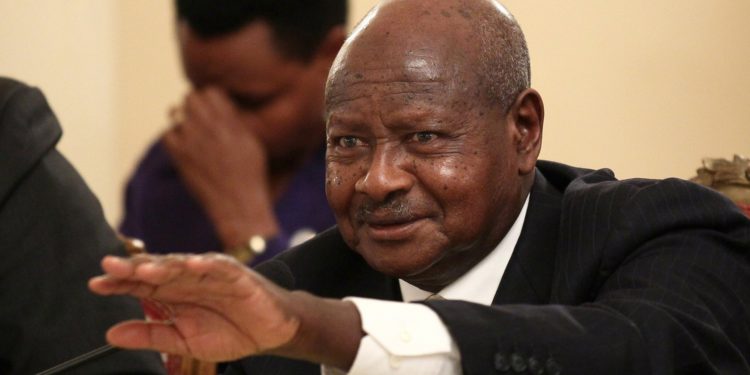By AGGREY BULUBA
Uganda’s political journey since independence is a story of resilience and struggle, shaped by a succession of leaders who have left indelible marks on the nation’s history. From Milton Obote’s post-independence governance to Idi Amin’s brutal regime, and Obote’s tumultuous second tenure, Uganda has endured trials that tested its very foundations. When Yoweri Kaguta Museveni assumed power in 1986, leading a victorious National Resistance Army, many believed the country had turned a new page. His promises of democracy, stability, and prosperity resonated deeply with a population weary of conflict.
Now, after 38 years in power, Museveni’s legacy stands at a crossroads. The accolades of his early years—economic recovery, restored relative peace, and regional influence—are increasingly overshadowed by allegations of election rigging, suppression of dissent, and a growing public demand for change. As the 2026 general elections approach, the possibility of Museveni seeking another term raises uneasy questions: Is clinging to power worth eroding the love and respect he once commanded? Or could he choose to step aside on his own terms, remembered as a statesman who prioritized Uganda’s future over his own political longevity?
Critics highlight a troubling pattern in Uganda’s political landscape. Allegations of election tampering have dogged the administration, with claims of voter intimidation, ballot stuffing, and biased electoral processes. Opposition groups and civil society organizations have consistently raised concerns about the credibility of elections, planting seeds of doubt among the electorate. These doubts, coupled with the frustrations of a youthful population hungry for change, have amplified calls for greater political freedom and leadership renewal.
Neighboring nations offer a striking contrast to Uganda’s political trajectory. Kenya has seen five presidents since Museveni’s tenure began, each assuming office through peaceful transitions, despite occasional tensions. Tanzania’s orderly leadership changes have further solidified its democratic foundations. Even the conflict-prone Democratic Republic of Congo has experienced three different leaders in the same period. These examples underscore a vital truth: political change does not have to result in chaos.
Museveni now finds himself at a pivotal moment, with history’s gaze firmly fixed upon him. Must he wait for the inevitable hand of nature or revolution to force his departure? Or will he heed the wisdom of the proverb, “A wise man knows when to leave the dance floor”? The opportunity to exit gracefully and reclaim the admiration of a nation is still within his grasp. By stepping down voluntarily and ensuring a peaceful transition, Museveni could cement a legacy unmatched in Uganda’s history—a legacy defined by selflessness and patriotism.
The cries for change are not born of hostility but of hope. Ugandans yearn for a future where leadership is renewed, where fresh ideas flourish, and where governance is anchored in accountability rather than dominance. These repeated calls for transition reflect a collective aspiration for a Uganda that thrives beyond the vision of a single leader.
Libya stands as a cautionary tale of the perils of clinging too tightly to power. Muammar Gaddafi, once hailed as a unifying figure, left his nation fractured and unstable by failing to plan for his succession. Uganda deserves a different fate. It deserves a leader who can envision a future that flourishes under fresh stewardship, guided by a peaceful and deliberate transition.
Museveni’s patriotism, which he has often proclaimed, now faces its greatest test. Will he heed the voices of the people he swore to serve? Will he plant the seeds of transition while he still holds the power to nurture them? A leader’s legacy is not measured by the duration of their rule but by the strength, unity, and prosperity of the nation they leave behind. For Museveni, the time to write his final chapter is now—while the pen remains firmly in his hand.
FOR GOD AND MY COUNTRY!







Discussion about this post